Ceramic and Porcelain Tiles
Ceramic and porcelain tiles are popular alternatives to marble flooring, offering a variety of designs, durability, and ease of maintenance. These tiles can mimic the look of marble while providing several practical benefits.
- Versatility in Design: Ceramic and porcelain tiles come in an extensive range of colors, patterns, and textures. This versatility allows homeowners to achieve the luxurious look of marble or experiment with different styles to match their interior design preferences. Modern manufacturing techniques enable tiles to replicate the veining and appearance of natural marble closely.
- Durability: Both ceramic and porcelain tiles are known for their durability. Porcelain, in particular, is denser and less porous than ceramic, making it highly resistant to moisture, stains, and wear. This makes porcelain tiles an excellent choice for high-traffic areas such as kitchens, bathrooms, and entryways.
- Maintenance: One of the significant advantages of ceramic and porcelain tiles is their low maintenance requirements. Unlike marble, which can be susceptible to staining and scratching, these tiles are easy to clean and maintain. Regular sweeping and mopping with a mild detergent are usually sufficient to keep them looking pristine.
- Cost-Effectiveness: Ceramic and porcelain tiles are generally more affordable than marble. This cost-effectiveness makes them an attractive option for budget-conscious homeowners who still want a high-end look. Additionally, the installation costs for tiles are typically lower than for natural stone, further adding to their appeal.
- Installation Options: These tiles can be installed in various patterns, including traditional grid layouts, herringbone, and chevron designs. This flexibility allows for creative installations that can enhance the aesthetic appeal of a room. Professional installation ensures a polished finish, but DIY enthusiasts can also tackle tile installation with the right tools and guidance.
- Environmental Considerations: Many ceramic and porcelain tiles are made from natural materials and can be recycled, making them an eco-friendly choice. Some manufacturers produce tiles with recycled content, further reducing their environmental impact. Choosing sustainably produced tiles can contribute to a greener home.

Luxury Vinyl Flooring
Luxury vinyl flooring (LVF) is a modern alternative to marble flooring that offers exceptional versatility, durability, and ease of installation. Its ability to mimic the appearance of natural stone makes it a popular choice among homeowners and designers.
Realistic Appearance: Advances in printing technology have allowed luxury vinyl flooring to closely replicate the look of natural marble. The high-resolution images and textures give LVF a realistic appearance that can fool even the most discerning eye. This makes it an excellent option for those who desire the elegance of marble without the associated costs and maintenance.
Durability and Resilience: LVF is designed to withstand heavy foot traffic, making it ideal for both residential and commercial spaces. It is resistant to scratches, dents, and stains, which are common issues with natural marble. The protective wear layer on luxury vinyl planks and tiles ensures long-lasting performance and helps maintain their appearance over time.
Water Resistance: One of the standout features of luxury vinyl flooring is its water resistance. Unlike natural marble, which can be prone to water damage and staining, LVF is impervious to moisture. This makes it suitable for use in bathrooms, kitchens, and basements where water exposure is a concern.
Ease of Installation: Luxury vinyl flooring is available in both planks and tiles, and it often features a click-lock system that makes installation straightforward. This floating floor method can be installed over most existing floors without the need for adhesives or nails. DIY enthusiasts will appreciate the ease and speed of installing LVF.
Comfort and Insulation: LVF provides a softer underfoot feel compared to marble, making it more comfortable to walk on, especially in areas where you spend a lot of time standing, like kitchens. It also offers better thermal insulation, helping to maintain a consistent temperature in your home and potentially reducing heating costs.
Affordability: Luxury vinyl flooring is typically more affordable than marble, both in terms of material costs and installation. This makes it an attractive option for budget-conscious homeowners who want to achieve a high-end look without breaking the bank. The lower maintenance costs further add to its long-term value.
Engineered Stone
Engineered stone is an excellent alternative to marble flooring, combining the beauty of natural stone with the benefits of modern engineering. This material is gaining popularity for its durability, aesthetic appeal, and versatility.
Composition and Manufacturing: Engineered stone is made from a mixture of natural stone aggregates, such as quartz or marble, and a resin binder. This combination creates a highly durable and non-porous surface. The manufacturing process allows for a wide range of colors and patterns, including those that closely resemble natural marble.
Durability: One of the main advantages of engineered stone is its durability. The resin binder makes it less prone to chipping and cracking compared to natural marble. Additionally, engineered stone is highly resistant to stains, scratches, and heat, making it ideal for high-traffic areas and households with pets or children.
Low Maintenance: Unlike natural marble, which requires regular sealing and can be susceptible to staining, engineered stone is non-porous and does not require sealing. Cleaning is simple and can be done with mild soap and water, making it a low-maintenance option for busy households.
Consistency and Uniformity: Because engineered stone is manufactured, it offers greater consistency in color and pattern than natural marble, which can have significant variations. This uniformity can be advantageous for those looking for a seamless and cohesive look in their flooring.
Installation Flexibility: Engineered stone tiles can be installed in various patterns and configurations, offering flexibility in design. They can be used for both floors and walls, providing a cohesive look throughout a space. Professional installation ensures a flawless finish, though some experienced DIYers may also tackle the project.
Eco-Friendly Options: Many manufacturers of engineered stone are committed to sustainable practices, using recycled materials and eco-friendly production methods. Choosing engineered stone can be an environmentally responsible option, contributing to a greener home and reducing the demand for natural stone extraction.
Concrete Flooring
Concrete flooring is a versatile and durable alternative to marble that offers unique aesthetic and practical benefits. It has gained popularity in modern and industrial-style homes for its sleek appearance and robustness.
Versatility in Design: Concrete floors can be customized in numerous ways to achieve the desired look. Options include staining, polishing, scoring, and even stamping to create patterns that mimic the appearance of marble or other natural stones. This versatility allows homeowners to achieve a high-end look that complements their design preferences.
Durability and Longevity: Concrete is one of the most durable flooring materials available. It can withstand heavy foot traffic, making it suitable for both residential and commercial spaces. Properly sealed concrete floors are resistant to moisture, stains, and abrasion, ensuring they remain in good condition for many years.
Ease of Maintenance: Maintaining concrete floors is relatively straightforward. Regular sweeping and occasional mopping with a mild cleaner is usually sufficient to keep the surface clean. Sealed concrete floors resist stains and are less likely to harbor dust and allergens, making them a low-maintenance option.
Cost-Effectiveness: Concrete flooring is often more affordable than marble, especially if the concrete slab is already in place and only needs finishing. The cost of staining or polishing concrete is typically lower than installing natural stone, making it a cost-effective choice for those looking to achieve a sophisticated look on a budget.
Thermal Properties: Concrete floors have excellent thermal mass, meaning they can absorb and retain heat. This property can help regulate indoor temperatures and reduce heating and cooling costs. When combined with radiant floor heating systems, concrete floors can provide a comfortable and energy-efficient solution.
Environmental Benefits: Concrete is a sustainable flooring option as it can be locally sourced and has a long lifespan, reducing the need for replacement. Additionally, polished or stained concrete can eliminate the need for additional flooring materials, which can help reduce the overall environmental impact of a building project.
Laminate Flooring
Laminate flooring is a practical and cost-effective alternative to marble that offers a wide range of design options and ease of installation. It is a popular choice for homeowners seeking a balance between aesthetics and functionality.
Realistic Appearance: Laminate flooring has come a long way in terms of design and can now convincingly mimic the look of natural materials, including marble. The high-quality laminate features detailed imaging and textures that replicate the veining and patterns of real marble, providing an elegant appearance without the high cost.
Durability: Laminate flooring is made from multiple layers, including a protective wear layer that resists scratches, stains, and moisture. This durability makes laminate suitable for high-traffic areas and households with pets or children. It is designed to withstand daily wear and tear while maintaining its appearance.
Easy Installation: One of the main advantages of laminate flooring is its ease of installation. Most laminate floors feature a click-lock system that allows the planks to be installed without glue or nails. This floating floor method can be placed over existing flooring, making it a great option for DIY projects and quick renovations.
Low Maintenance: Maintaining laminate flooring is simple and straightforward. Regular sweeping or vacuuming, along with occasional mopping with a damp cloth or mop, is usually sufficient to keep it clean. Laminate does not require waxing or polishing, further reducing maintenance efforts.
Cost-Effectiveness: Laminate flooring is generally more affordable than marble, both in terms of material and installation costs. This affordability makes it an attractive option for homeowners who want to achieve a high-end look without a significant investment. Additionally, laminate flooring offers long-term value due to its durability and low maintenance requirements.
Variety of Styles: Laminate flooring comes in a wide range of styles, colors, and finishes, allowing homeowners to choose a design that suits their aesthetic preferences. Whether you prefer the classic look of marble or a more contemporary style, there is likely a laminate option that will meet your needs.
Natural Stone Tiles
Natural stone tiles are a timeless and elegant alternative to marble flooring, offering a variety of options that can suit different styles and preferences. These tiles provide the beauty of natural materials with unique characteristics and benefits.
Variety of Stone Types: Natural stone tiles are available in several types, including granite, travertine, slate, and limestone. Each type of stone has its unique appearance, texture, and properties, allowing homeowners to choose a stone that best matches their design vision and functional requirements.
Aesthetic Appeal: The natural beauty of stone tiles lies in their unique patterns and colors, which cannot be replicated by synthetic materials. Each tile is distinct, providing a one-of-a-kind look that adds character and sophistication to any space. The timeless appeal of natural stone can enhance the value and aesthetic of a home.
Durability: Natural stone tiles are known for their durability and strength. Granite, for example, is highly resistant to scratches and heat, making it ideal for high-traffic areas. Properly sealed and maintained stone tiles can last for decades, offering long-term value and durability.
Versatility: Natural stone tiles can be used in various applications, from flooring to countertops, walls, and outdoor spaces. Their versatility makes them a popular choice for creating a cohesive look throughout a home. Stone tiles can also be installed in different patterns and configurations to achieve a customized design.
Maintenance: While natural stone tiles require more maintenance than some synthetic alternatives, proper care can keep them looking beautiful for years. Regular sealing helps protect the stone from stains and moisture. Cleaning with pH-neutral cleaners is recommended to preserve the stone’s finish and prevent damage.
Environmental Considerations: Natural stone is a sustainable and environmentally friendly flooring option. It is a natural material that does not emit harmful VOCs (volatile organic compounds) and can be recycled or repurposed at the end of its life. Choosing locally sourced stone can further reduce the environmental impact associated with transportation.
Tile That Looks Like Marble: Solid Ideas for Your Remodel
Tile That Looks Like Marble: Solid Ideas for Your Remodel
7 Budget-Minded Porcelain Tiles That Mimic Pricey Marbles
Tile That Looks Like Marble: Solid Ideas for Your Remodel
7 Budget-Minded Porcelain Tiles That Mimic Pricey Marbles
Alternative Chinese Porcelaine Floor Tile 600X600
Clever Ways to Clean Marble Floors
Black and White Marble floor tiles
Related Posts:
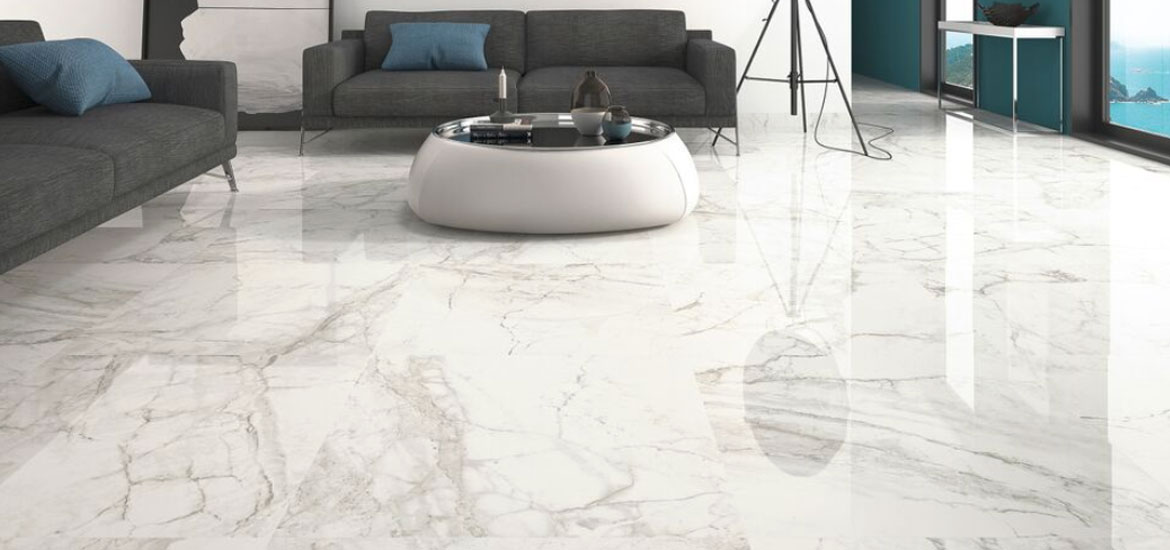
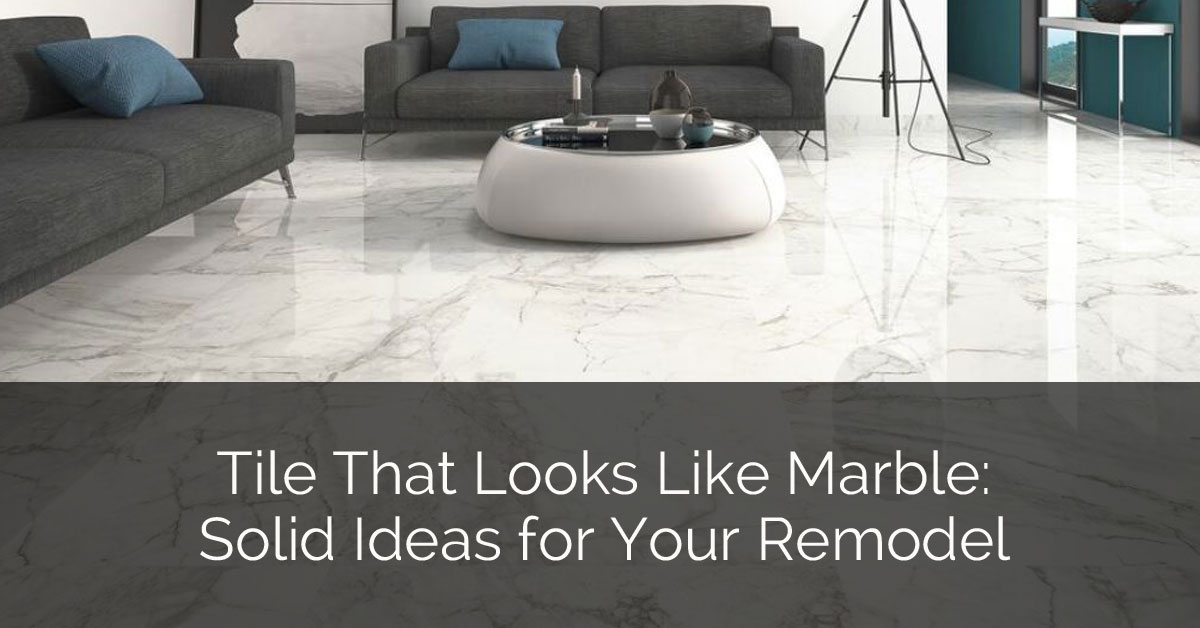
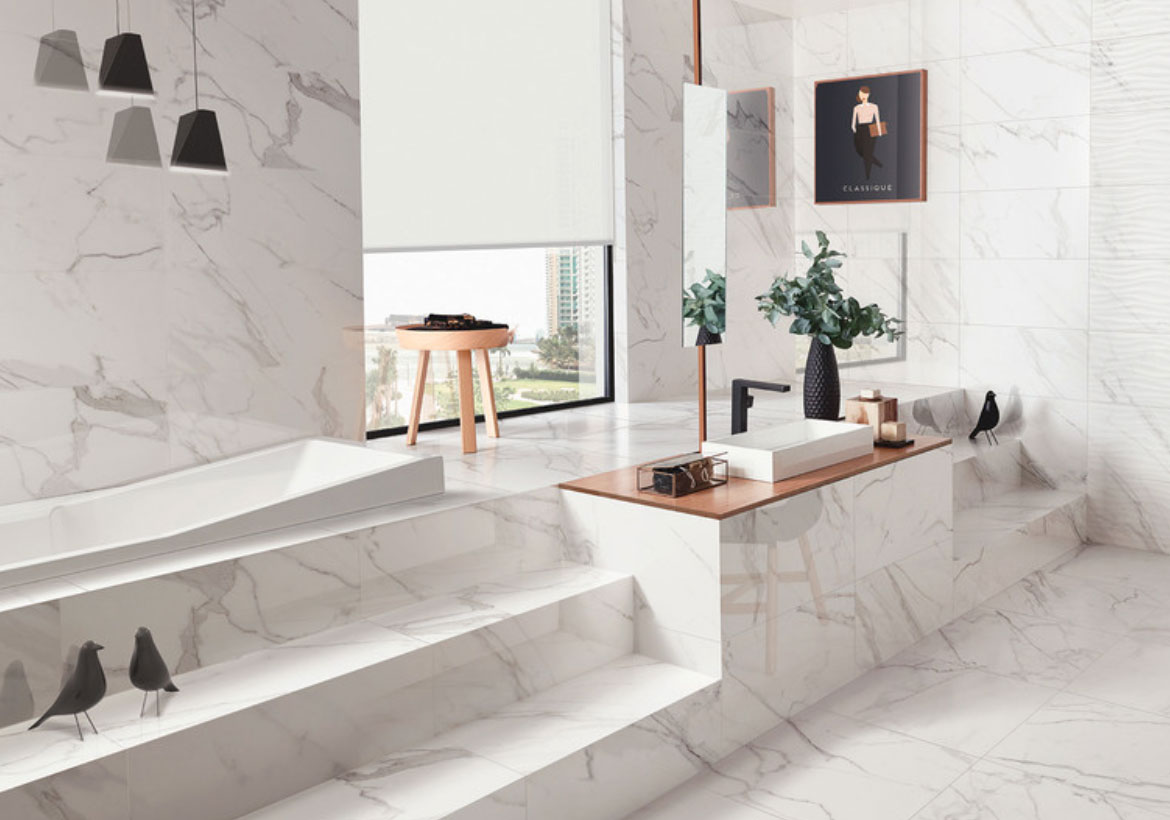
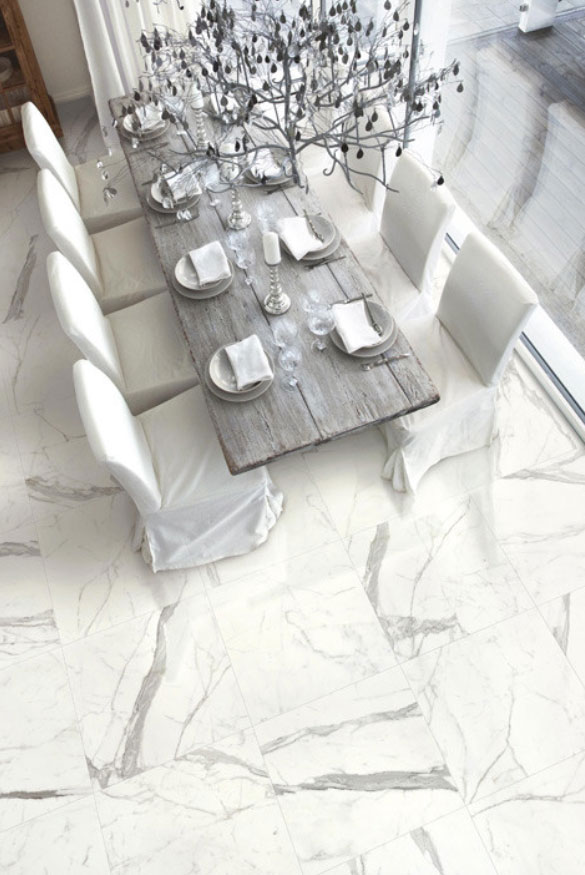

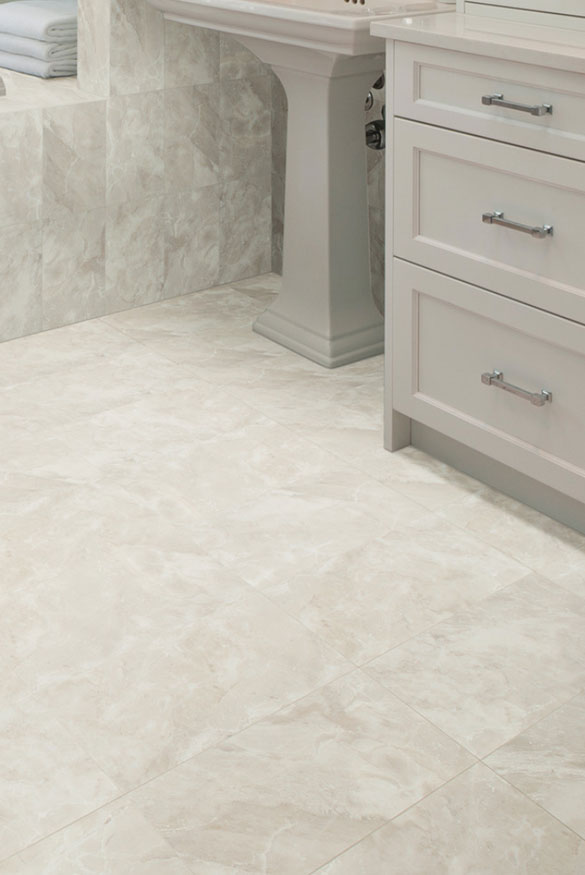
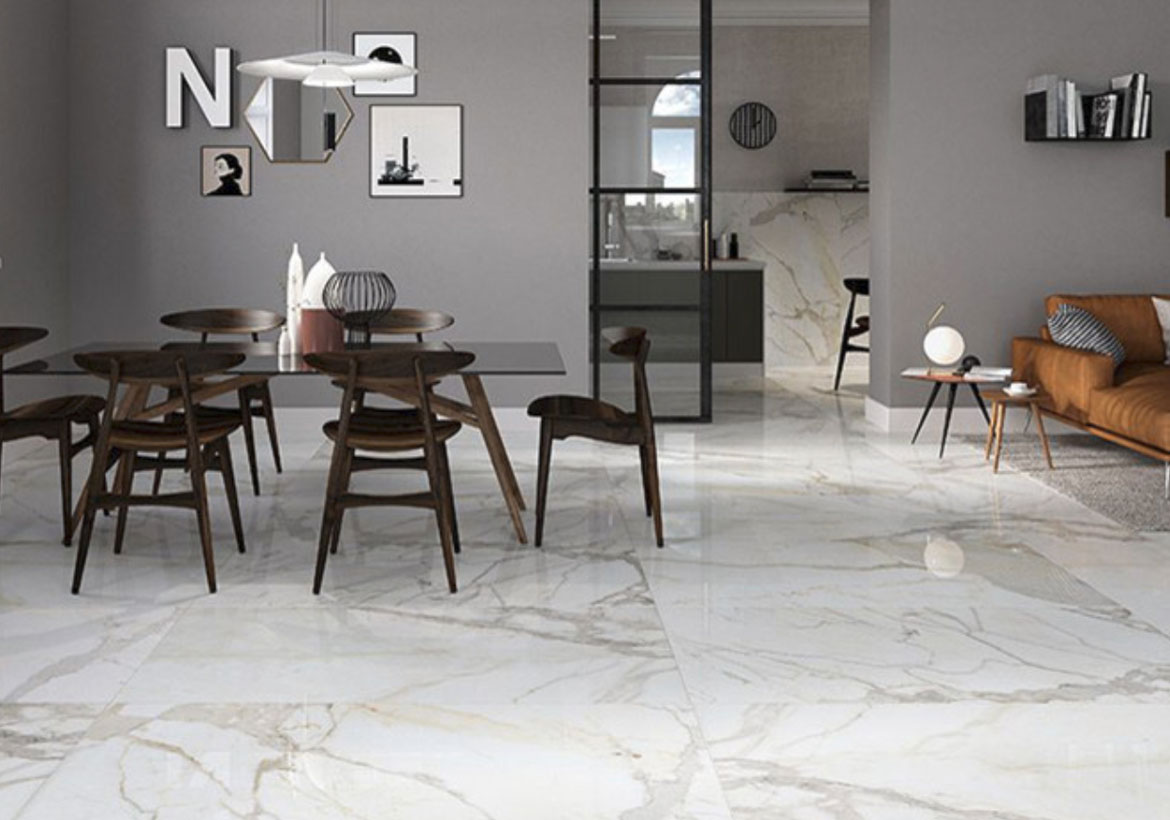
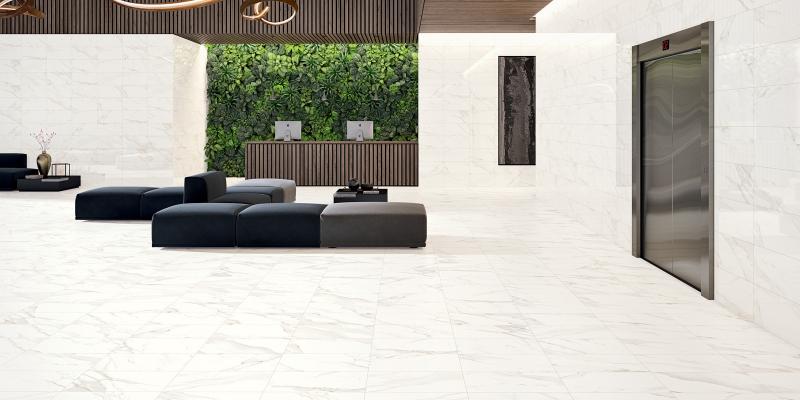
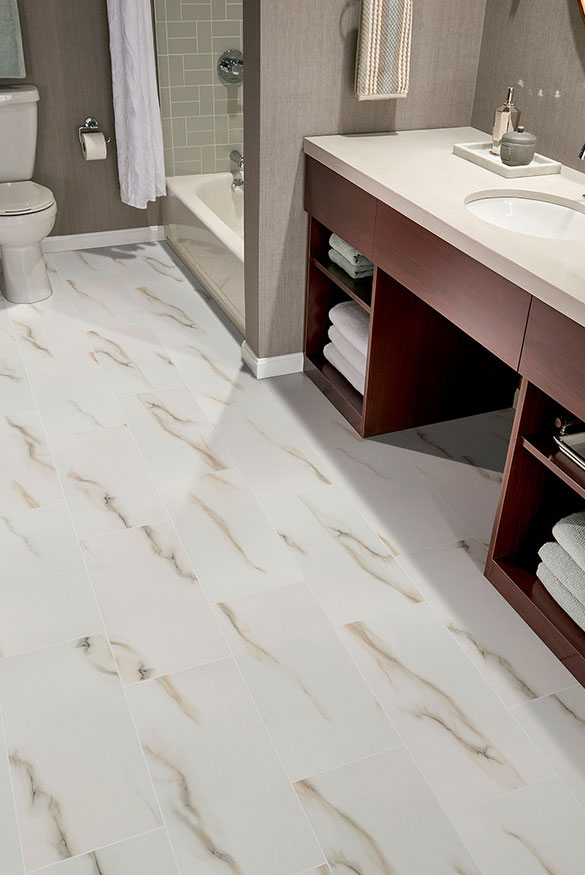
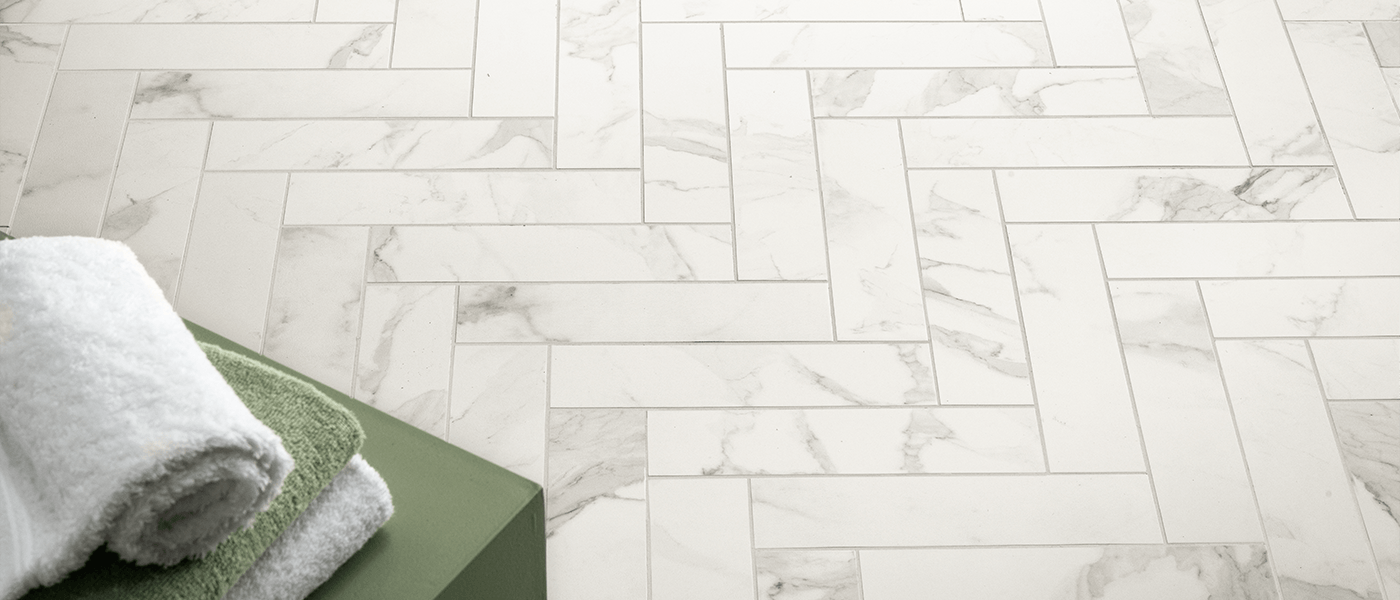


.jpg?widthu003d640u0026nameu003dNERO%20BY%20MG%20Y%20CREM%20MARFIL%20(5).jpg)